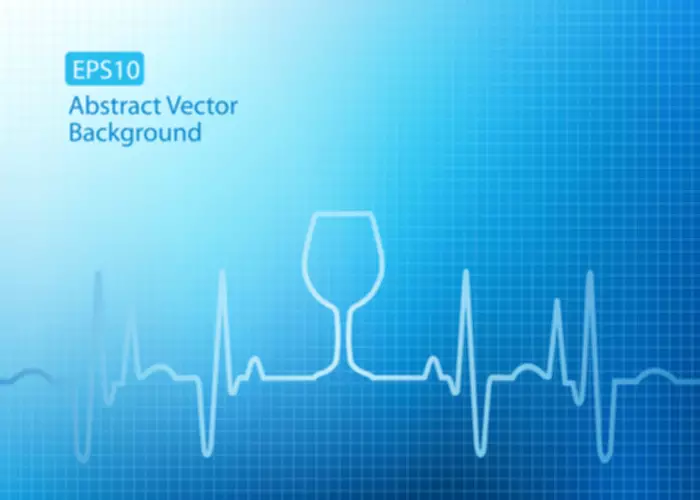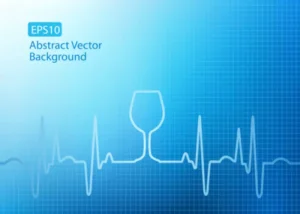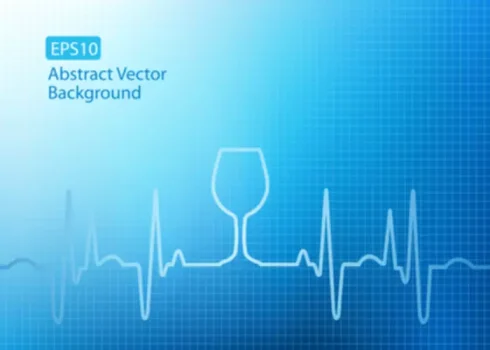Cannabidiol and Its Effects on Patients with COVID-19 Infection

CBD is broken down in the liver, as is the case for any drug or supplement you might take. For that reason, research is ongoing to look at how CBD might impact the liver. Some studies have shown impact to the liver in people taking the anti-seizure drug, Epidiolex, but more research is needed. It’s important to let your health care provider know if you want to start taking CBD for sleep, especially if you are already taking other supplements or prescription medications. A doctor can tell you if anything you are taking could potentially interact with CBD, or if CBD could impact a health condition you already have.
- Abn-CBD can also lower blood pressure after intra-RVLM administration via GPR18 activation which leads to sympathoinhibition 158.
- Although there were no significant differences in HRQL between participants who dropped out at baseline and those who remained on the study, the loss of participants at follow-up may have led to attrition bias.
- However, CBD, like almost all medications, also produces AEs and toxicity.
- The flowering heads of the hemp plant are known as CBD flower, or hemp flower.
Is CBD Safe?
The pharmacological activity of phase I metabolites is different, e.g., 7-hydroxy-cannabidiol (7-OH-CBD) like CBD inhibits FAAH and AEA uptake, whereas 7-COOH-CBD does not show such activity; both 7-OH-CBD and 7-COOH-CBD are not TRPV1 agonists. Both CBD and its oxidized phase I metabolites undergo glucuronidation which is the main reaction of phase II 67. Cannabidiol has low affinity for cannabinoid receptors (at micromole concentrations) 22. It does not induce effects typical for stimulation of central CB1 receptors, such as hypoalgesia, hypothermia, catalepsy and decreased motor activity (the so-called cannabinoid tetrad), which are is cbd addictive characteristic for THC 18.
How we reviewed this article:

Patients should be advised that their ability to drive or operate machinery could be impaired while under CBD treatment. In 2017, Garberg et al. administered 50 mg/kg IV CBD to four piglets to evaluate drug safety and potential neuroprotective effects. CBD significantly reduced brain-derived neurotrophic factor (BDNF) expression and other signaling proteins in the hippocampus and frontal cortex with no effect in the striatum. It was concluded that CBD did not provide neuroprotection during early global hypoxia-ischemia 63. McGuire et al. also found a low incidence (≥4%) of mild AEs including headache, with a frequency similar to placebo in schizophrenic patients 35.
How is cannabidiol different from marijuana, cannabis, and hemp?
All these beneficial effects were abrogated by O-1918 indicating the role of GPR18 in protective action of Abn-CBD in the cardiovascular system 159,160. Cardioprotection observed in diabetic rats was not accompanied with improvement in glycaemic control—Abn-CBD did not influence blood glucose and insulin levels 160. However, in another studies this compound exhibit antidiabetic potential through GPR55 activation 161,162,163,164. Abn-CBD also possesses neuroprotective properties, because it reduced the infarct volume as potently as did CBD in mice model of stroke 53. Similarly, in patients with CBD-reduced atonic seizures, severe AEs increased concomitant antiepileptic concentrations in 23% of 86 patients in the CBD group; 14% of patients treated with CBD and one (1%) treated with placebo withdrew from the study 65.
New reports suggest diabetes weight loss drugs could reduce Alzheimer’s risk
The most common AEs (≥10% incidence) included gastrointestinal symptoms (59.5%), somnolence (16.7%), loss of appetite (16.5%), increased ALT/AST (12.8%), and fatigue (11.4%). In most studies, participants used CBD concomitantly with another medication (see Table 1). Statistical analysis with Fisher’s exact test revealed significance (p ≤ 0.05) in using CBD for the increase in gastrointestinal symptoms, ALT/AST, rash, as well as change in appetite (both increasing and decreasing). In contrast, there was statistical significance for fever, with fewer cases for individuals who used CBD in the trials.

CBD (Cannabidiol) Health Benefits
- Although CBD is generally considered safe, it can cause adverse effects such as diarrhea and fatigue in some people.
- While these compounds are relatively new, they are becoming more common in the cannabis market.
- A meta-analysis of randomized, placebo-controlled trials involving 276 participants aged 5 to 21 indicates moderate improvements in social responsiveness and reductions in disruptive behaviors and anxiety.
- Doctors who use CBD to treat epilepsy generally start with the lowest possible dose and gradually increase the amount as needed.
That said, some potential side effects of taking CBD exist, and the risks aren’t fully known. While it no longer considers CBD a drug on its own, CBD can be in the drug Epidiolex, which the FDA approved to treat seizure disorders. For this reason, you may want to test out a topical on a small area first. However, these methods of use link to more severe side effects and long-term complications, including lung injury. CBD gummies and other edibles are the most popular way to take CBD, according to a 2023 Healthline survey of 1,044 U.S. adults who currently use, have used, or would be interested in trying CBD products. It may also affect peroxisome proliferator-activated receptors’ gamma activity.
CBD treatment significantly increased serum anandamide concentrations. About 85% of patients with epilepsy had better sleep after three months of CBD treatments, according to one study. Several other studies on CBD for sleep in healthy people had no clear results. In one study from 2018, healthy people who took a single dose of CBD did not have any effects on their sleep. In a 2022 clinical trial, 14 people with anxiety were given high levels of CBD under the tongue, for four weeks, three times per day. They reported less anxiety and better mood, sleep, and quality of life, and showed no serious negative side effects.


With a bachelor’s degree in anthropology from Indiana University Bloomington, Rebecca enjoys making accurate, up-to-date health information accessible to all readers. As a freelance writer and editor, she has covered everything from healthcare and experimental music to education. Rebecca lives in Tennessee, where she spends her free time reading, writing fiction, and making music.
1. Cannabinoid Pharmacology
However, there are no guarantees that they contain the ingredients and doses stated on the label. The potential danger is alcoholism that you can’t know if you’re getting more or less CBD. In one study, 91% of people with seizure disorders who took the prescription product Epidiolex had side effects from the medicine.

